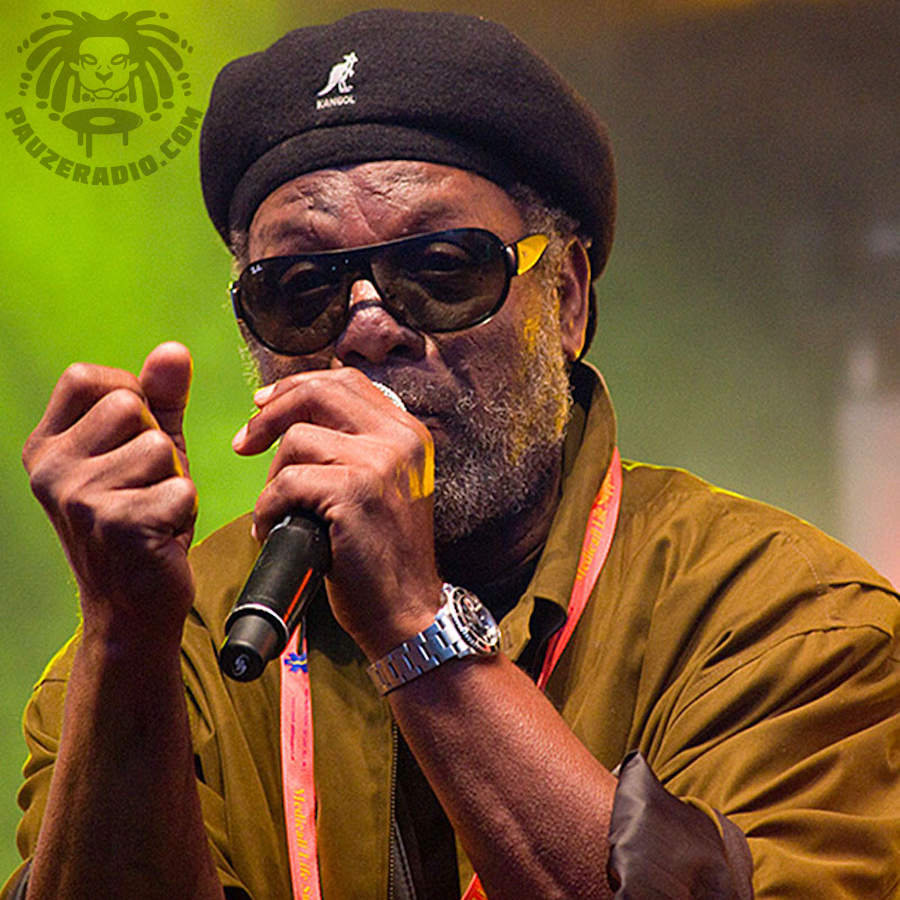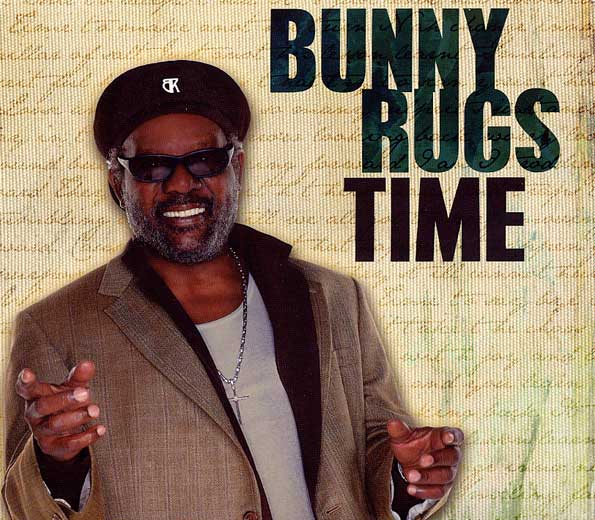
Bunny Rugs
Bunny Rugs (Third World) Biography:
Bunny Rugs, born William Alexander Anthony Clarke on February 6, 1948, in Mandeville, Manchester, Jamaica, was a legendary artist known for his distinctive voice, charismatic stage presence, and huge contributions to reggae. Rugs immersed himself in Jamaica’s vibrant musical culture at a young age, growing up during the formative years of reggae music. His childhood helped to lay the foundations for his career as a musician.
Early bands
His journey in music began in the late 1960s, when he joined the band The Techniques as a vocalist. The group gained popularity with hits like “You Don’t Care” and “Queen Majesty,” establishing Rugs as a promising talent in Jamaican music. However, it was his time with the band Third World that catapulted him to world fame.
In 1976, Bunny Rugs replaced Milton “Prilly” Hamilton as the lead vocalist of Third World, a decision that would shape the path of his career. With Rugs at the front, Third World became one of the most successful reggae bands of all time, mixing reggae with elements of funk, R&B, and pop to create a unique sound that touched audiences all over the world.
Career with Third World
During his four-decades with Third World, Bunny Rugs recorded many hit songs and albums, including the classics “Now That We Found Love,” “Try Jah Love,” and “96 Degrees in the Shade.” His soulful voice and unique delivery became synonymous with the band’s sound, earning them recognition and a dedicated fan base.
Rugs’ contributions to Third World went past his role as a vocalist. He was also an incredible songwriter, penning many of the band’s biggest tunes and contributing to their unique identity. His lyrics often explored subjects like love, unity, social justice, and spirituality, reflecting his deep-rooted beliefs and the socio-political climate of the times.
Solo Career
In addition to his work with Third World, he had a successful solo career, releasing several albums that showcased his versatility. His solo journey allowed him to explore different styles and collaborate with a variety of artists, further cementing his status as a musical icon.
In 2012, Rugs released his solo project, “Talking to You,” a collection of soulful tracks that demonstrated his rich vocals and incredible songwriting skills. The album received positive reviews and reaffirmed his reputation as a formidable solo artist.
In 2012, Rugs released his album “Time” on VP Records, showcasing his skills and talent as a solo artist with tracks like “Just Can’t Deny,” “Neva Gonna Give Up,” and “Kurfew.” On the promotion of this album, Bunny Rugs gave it to Pauzeradio to review and then visited the studio in the UK and laid down some dubplates for sound systems and radio DJs, including Gav Pauze.
Pauze described this as “amazing, not only meeting the veteran artist but also hearing him sing. Watching him perform a flawless single take of every song he performed and so effortlessly in the studio was a truly mind-blowing experience.”
Legacy and Influence
One cannot overstate Bunny Rugs’ impact on the reggae genre and the music industry at large. His powerful voice, melodic ways, and heartfelt lyrics resonated with audiences around the world, earning him a place as one of the greatest reggae vocalists of all time.
Rugs’ warm personality, humility, and solid commitment to spreading positive messages through his music earned admiration beyond his musical contributions. He used his platform to push for social change, championing causes related to equality, justice, and cultural empowerment.
Pauze said about Bunny Rugs: “I will never forget what he said to me when we first connected to review the Time album; he said he had heard and been spreading the story of how reggae healed me after my accident.” Off the back of that, I felt so empowered to share the story. He was a humble soul, and I am unable to thank him enough for all the inspiration that he has given me, and still to this day, in 2024, I share my stories of Bunny Rugs.”
Throughout his career, Bunny Rugs remained true to his Jamaican roots while embracing diverse musical influences, bridging cultural divides and inspiring generations of artists to follow in his footsteps. Fans and musicians alike continue to celebrate his legacy, ensuring that his music and spirit will endure for years.
Personal Life
Despite his success he remained grounded, humble and devoted to his family. He was known for his kindness and generosity, often using his resources to support those in need and to uplift his community.
Tragically, Bunny Rugs passed away on February 2, 2014, after a battle with cancer, leaving behind a legacy that reached many generations. People continue to celebrate his contributions to music now ten years after his death, ensuring his memory will endure as a light of inspiration and positivity in the world of reggae music and far beyond.
Do you need a review, biography or press release? Book our services for your latest release here.
Bunny Rugs Biography written by Gav Pauze / Pauzeradio PR Services (23 March 2024).




